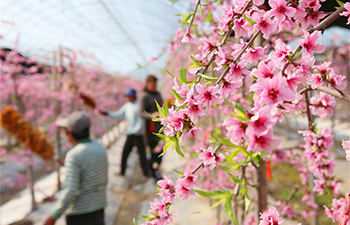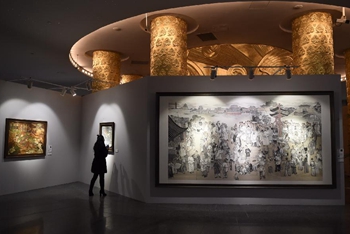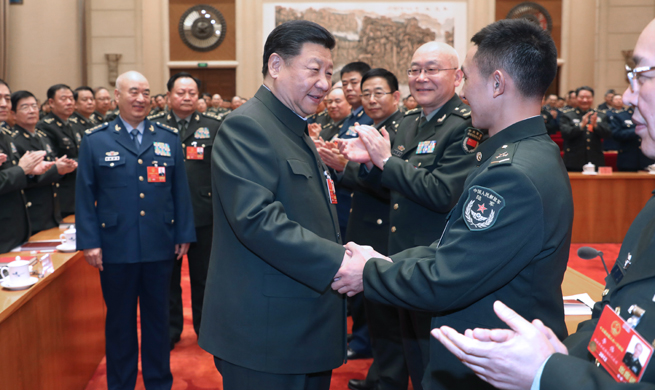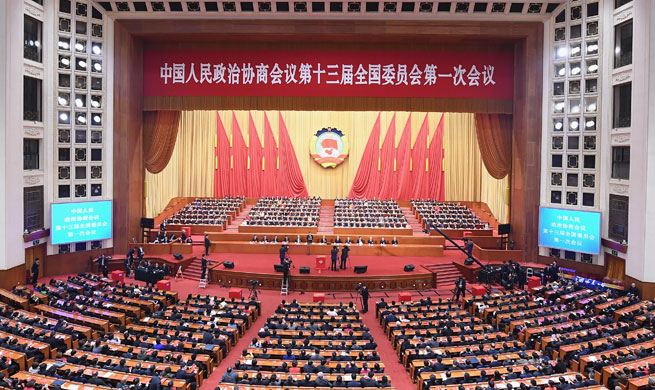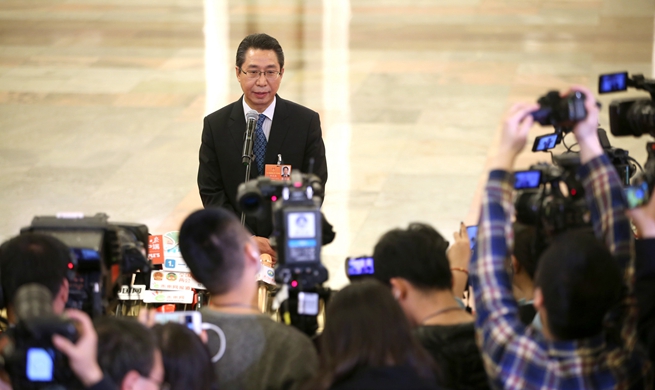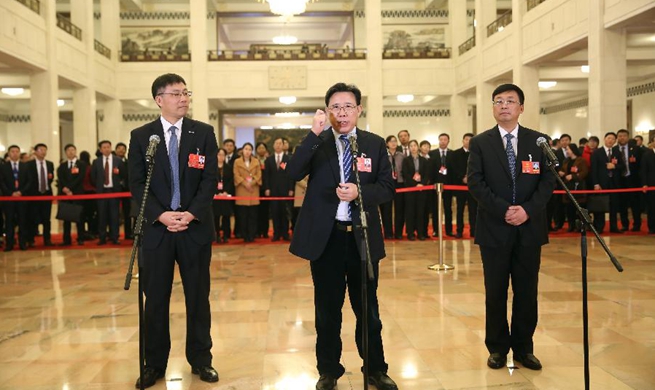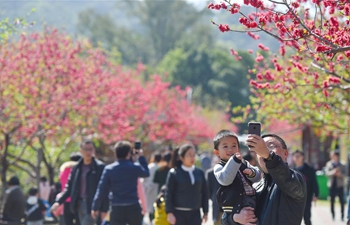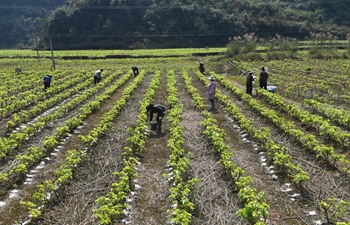GENEVA, March 14 (Xinhua) -- Three industries -- banking and finance, fashion, and internet and IT -- accounted for nearly one-third of all cybersquatting disputes handled by in 2017, the World Intellectual Property Organization (WIPO) said Wednesday in a statement.
This was due to trademark owners filing an all-time high of 3,074 WIPO cases under the Uniform Domain Name Dispute Resolution Policy (UDRP) to WIPO's Arbitration and Mediation Center in Geneva.
Cybersquatting is also known as domain squatting and it refers to illegal domain name registration or use, WIPO said. Cybersquatters can steal or misspell a domain name to profit from an increase in website visits, which otherwise would not be possible.
WIPO director general Francis Gurry said, "By abusing trademarks in the Domain Name System, cybersquatting undermines legitimate commerce and harms consumers."
"This is true especially where squatters use domain names to offer counterfeit goods or for phishing, as is seen in numerous WIPO cases," he said.
Gurry said that the availability of the highly effective Uniform Domain Name Dispute Resolution Policy procedure is indispensable support for the credibility of commerce on the Internet and for protection against fraudulent practices.
WIPO said cybersquatting disputes relating to new generic Top-Level Domains accounted for more than 12 percent of WIPO's 2017 caseload, which in total covered 6,370 domain names.
Of all New generic Top-Level Domains registrations in .STORE, .SITE, and .ONLINE were the most-commonly disputed.
With the addition in 2017 of .EU (European Union) and .SE (Sweden), 76 Country Code Top-Level Domain (ccTLD) registries have now designated WIPO's dispute resolution service, and ccTLDs accounted for some 17 percent of WIPO filings in 2017.
The United States remained the country where most WIPO UDRP cases originated, with 920 cases filed in 2017, followed by France (462), Britain (276), Germany (222), and Switzerland (143).
In total, parties from 112 countries and regions were involved in case filings in 2017. In 2017, WIPO appointed 298 panelists based in 45 countries and administered proceedings in 15 different languages.
The top sectors of complainant activity were banking and finance (12 percent of all cases), fashion (11 percent), internet and IT (9 percent), heavy industry and machinery (8 percent), and food, beverages and restaurants, biotechnology and pharmaceuticals, electronics, entertainment, and retail at 6 percent each.
In almost one-third of banking and finance-related decided cases filed in 2017, complainants asserted fraud, phishing or scam, the highest rate among all business sectors.
In over one-third of fashion-related decided cases filed in 2017, complainants asserted counterfeiting, the second highest rate among all business sectors.





